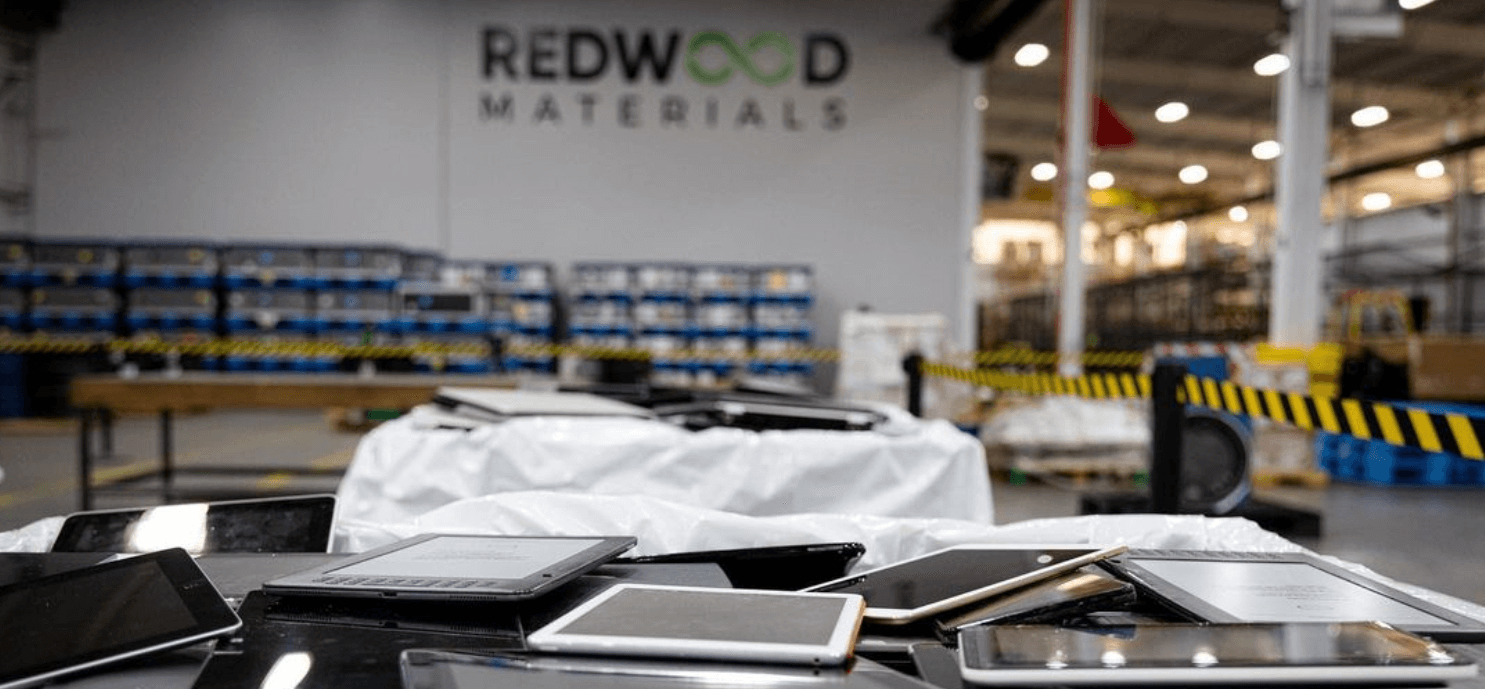ImpactAlpha, September 1 – To grab the lead in climate innovation – and regain control of key technology supply chains – the Biden administration’s Inflation Reduction Act earmarked a fresh $100 billion for the Department of Energy’s Loan Programs Office. The purpose: to build a “bridge to bankability” for climate technologies with commercial potential. The mechanism: loans and loan guarantees.
This week’s $1 billion equity raise for Redwood Materials is a sign the program is doing its job. The Loan Programs Office announced a $2 billion direct loan commitment to the Nevada-based battery recycler in February to help the company build a “battery materials campus” near Charleston, SC. Redwood has a pilot project in Nevada up and running.
With a clear path to commercial-scale production, Redwood drew significant backing from Goldman Sachs Asset Management, Capricorn’s Technology Impact Fund, and T. Rowe Price, which led the company’s $775 million Series C round two years ago.
Domestic production
US battery makers source most EV battery components from companies in Asia. Redwood extracts anode copper foil and cathode active materials from battery waste and repurposes them for new batteries. Its campus stands to be the first such production facility in the US.
The Energy Department loan is part of the Loan Programs Office’s $55 billion Advanced Technology Vehicles Manufacturing program to ramp up domestic production of fuel-efficient vehicles in the US. More funding is coming: the Biden administration just announced $15.5 billion for domestic EV production and workforce development.
Enabling innovation
Redwood Materials is a rare startup building and testing a new technology in the loan office’s portfolio. Most other companies are bringing proven technology to the US, like Korean-company SK Innovation, which is partnering with Ford Motor Company on battery manufacturing facilities; or scaling up capacity, like Texas-based Sunnova, a residential solar and storage provider that has traded on the New York Stock Exchange since 2019.
The nearly 20-year-old Loan Programs Office has issued more than $38 billion in direct loans and loan guarantees. After a slow start, the office has closed more than $9 billion in deals and inked an additional $17 billion in commitments since the passage of the Inflation Reduction Act.











